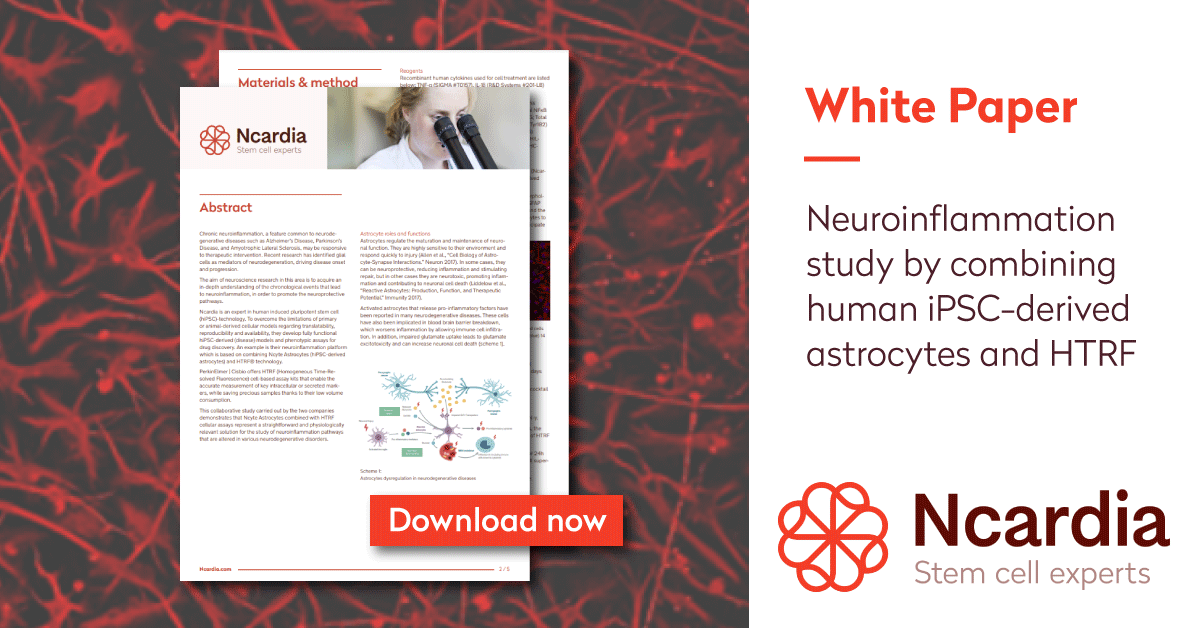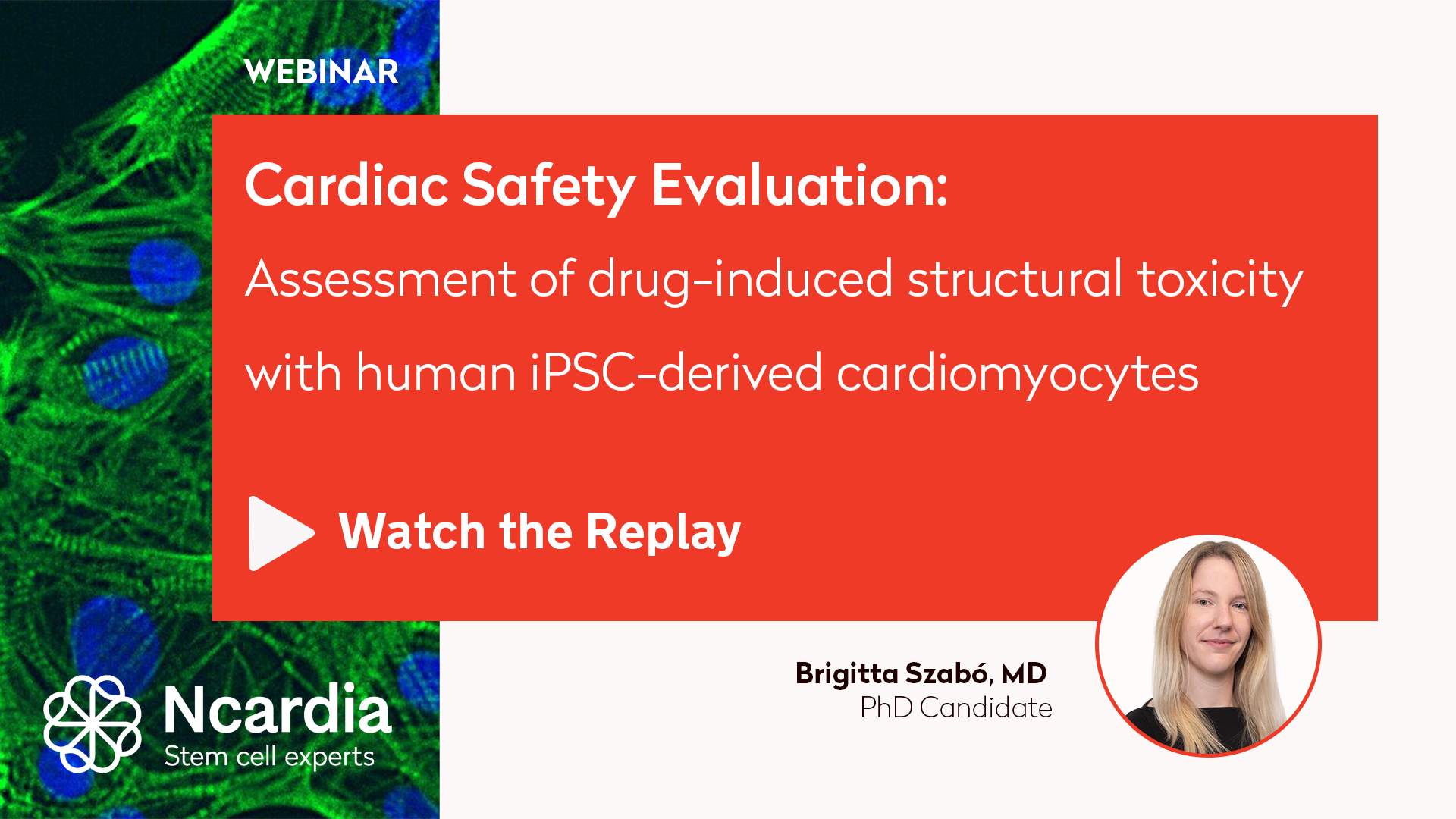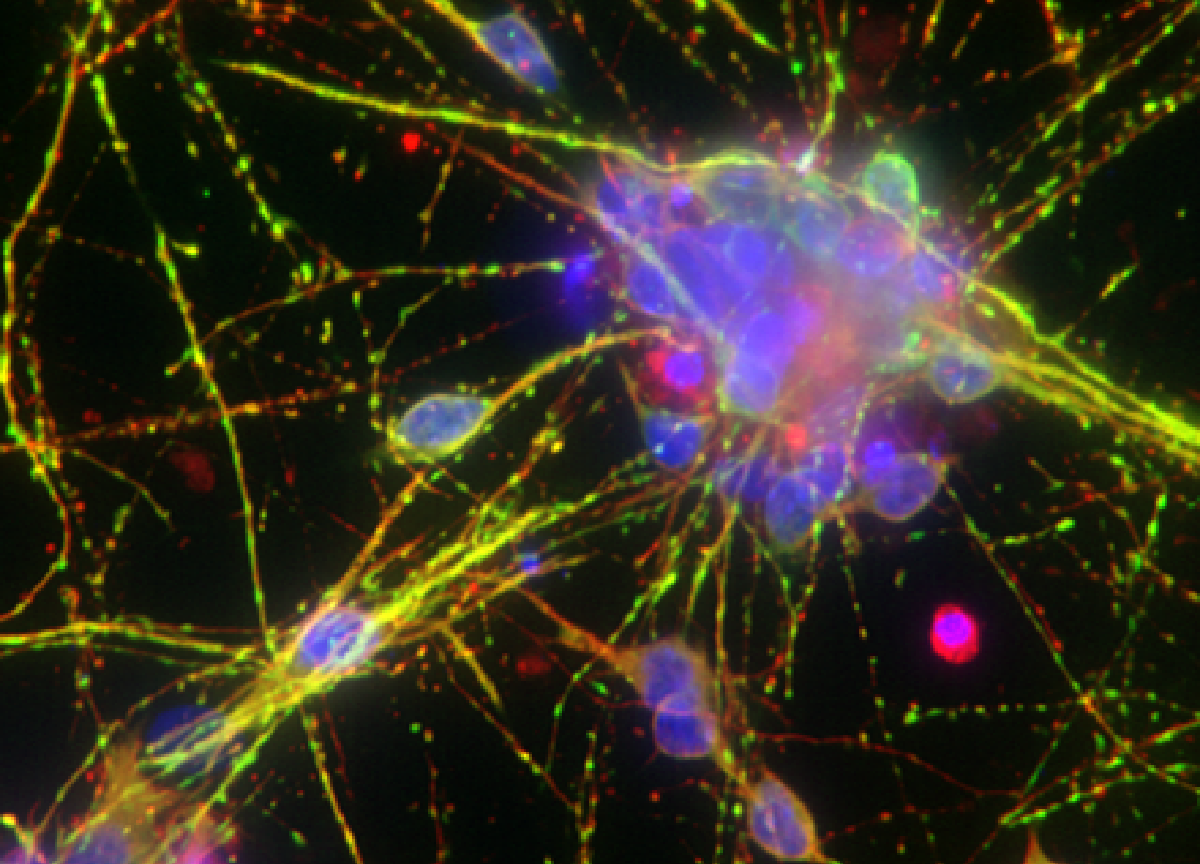Biomarker detection
Biomarkers are measurable indicators of particular diseases or physiological processes. They are widely studied throughout all stages of drug development to determine the presence and/or remission of a disease. At Ncardia we generate iPSC-derived healthy or diseased models that express the biomarkers of interest and develop accurate biomarker detection assays to provide valuable insights on compound safety and efficacy.
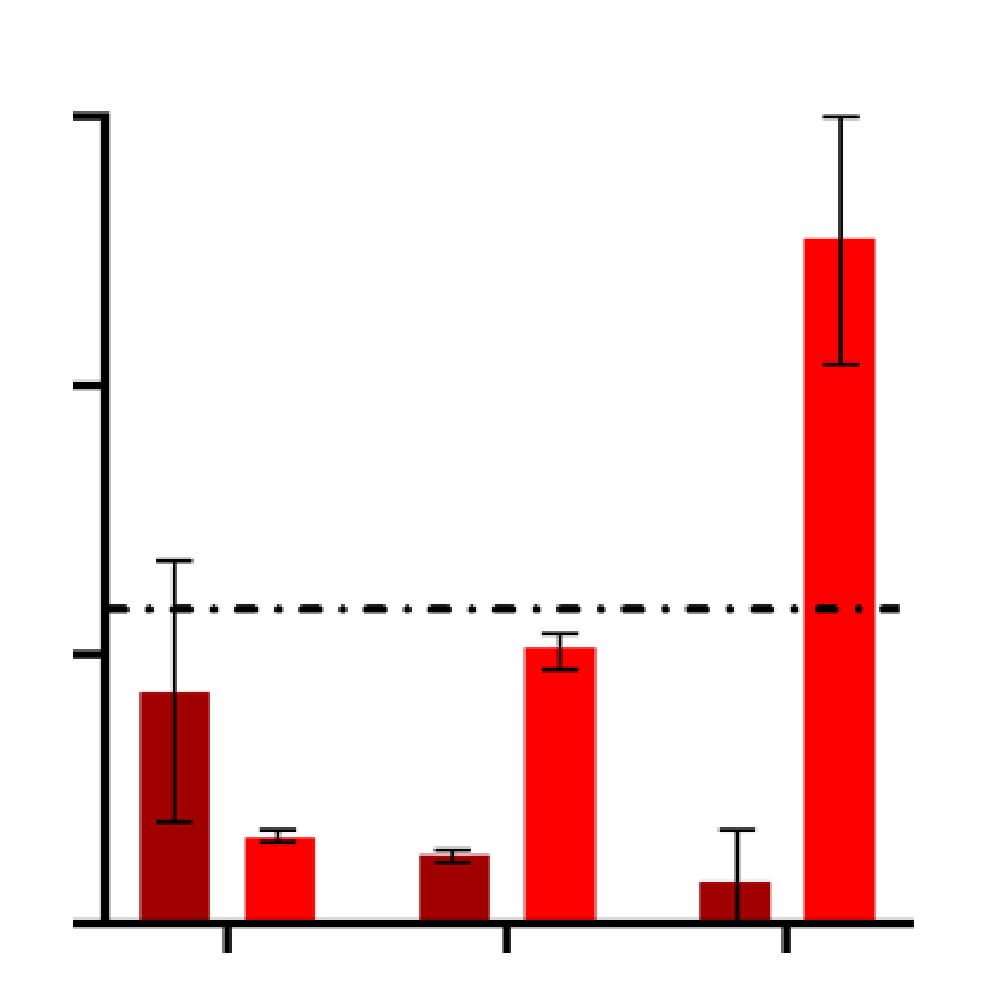
- Precise treatment response
- Multiplexing options
- Customization available to fit your needs
Do you want to explore how this assay can help you progress your drug discovery programs?
Applications
Biomarkers used in the clinic for diagnosis and disease prognosis can be displayed by our iPSC-derived in vitro models. This helps find efficacious treatments based on clinically relevant readouts and detect unsafe drugs as early as possible. Our scientists develop and execute a number of customized sensitive assays for the detection of biomarkers:
- ELISA/AlphaLISA
- Homogeneous Time Resolved Fluorescence (HTRF)
- High content imaging
- FACS
- Western Blot
- q-PCR
Multiparametric functional and structural cardiac safety analysis with Ncardia’s human iPSC-derived cardiomyocytes
Cardiac troponin is a known biomarker that is released into circulation after cardiomyocyte structural damage. Many new therapeutic candidates are withdrawn because they induce this type of damage in the heart. In this example, our team combined AlphaLISA with impedance analysis to assess Troponin I release, contractility and viability after treatment with known cardiotoxic compounds.
 Treatment of human iPSC-cardiomyocytes with Doxorubicin 1uM, a known cardiotoxic compound, showed cell index decrease in a time-dependent manner and a release in cTnI that significantly surpassed the threshold after 72 hours.
Treatment of human iPSC-cardiomyocytes with Doxorubicin 1uM, a known cardiotoxic compound, showed cell index decrease in a time-dependent manner and a release in cTnI that significantly surpassed the threshold after 72 hours.
 Treatment of human iPSC-cardiomyocytes with Doxorubicin 1uM, a known cardiotoxic compound, led to increased beat duration and decreased amplitude in a time-dependent manner.
Treatment of human iPSC-cardiomyocytes with Doxorubicin 1uM, a known cardiotoxic compound, led to increased beat duration and decreased amplitude in a time-dependent manner.
High-throughput screening of anti-hypertrophy drugs based on NT-proBNP biomarker detection using high content imaging
To identify new treatments for cardiac hypertrophy, our scientists generated an iPSC-derived model of hypertrophic cardiomyopathy and used high content imaging in a secondary screening of 341 compounds for hit validation. The intracellular expression of NT-proBNP, biomarker of cardiac hypertrophy, was used as readout to study the anti-hypertrophic compound effect.
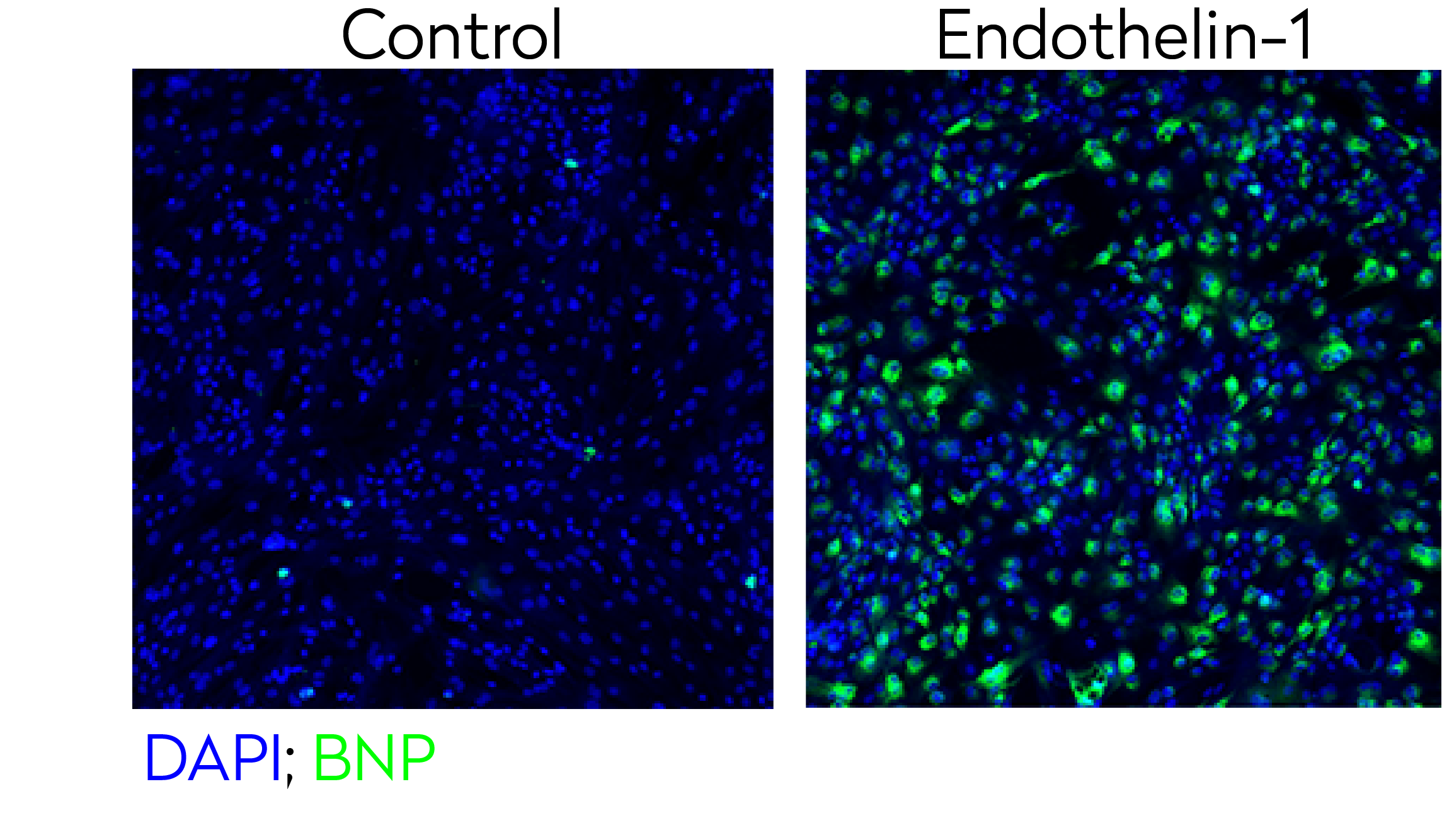 Confocal images of control and endothelin-1 treated human iPSC-derived cardiomyocytes stained for BNP hypertrophy biomarker (green) and DAPI (blue - nuclei).
Confocal images of control and endothelin-1 treated human iPSC-derived cardiomyocytes stained for BNP hypertrophy biomarker (green) and DAPI (blue - nuclei).
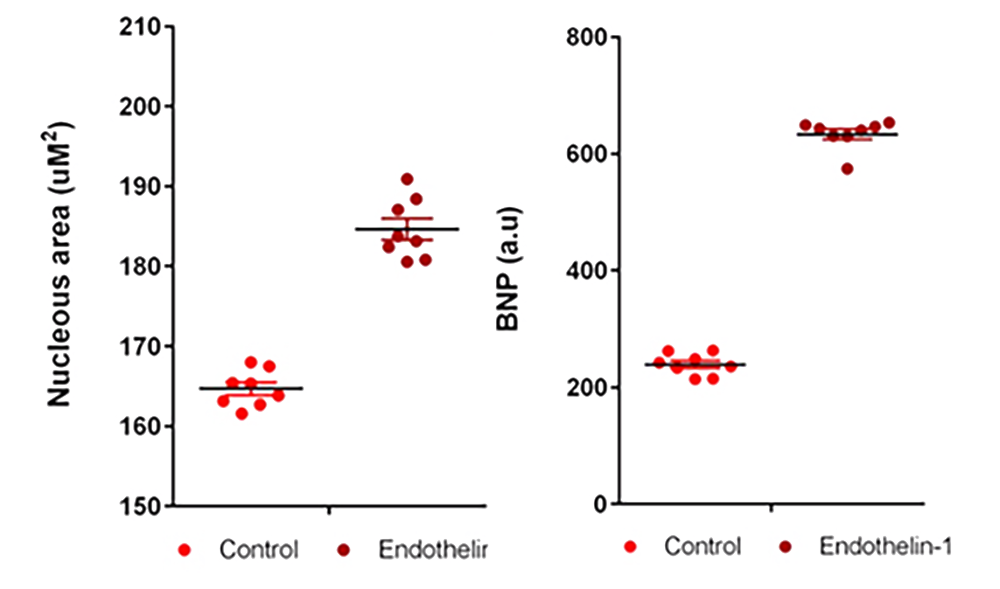 Quantification of total nuclear area (left) and BNP expression (right) in the presence or absence of ET-1
Quantification of total nuclear area (left) and BNP expression (right) in the presence or absence of ET-1
Analysis of neuroinflammatory biomarkers in activated Ncyte Astrocytes with HTRF
HTRF assay can detect the activation of intracellular phospho-proteins and secreted proteins that modulate neuroinflammation, providing a platform to determine the efficacy of potential anti-inflammatory treatments for neurodegenerative diseases.
Our work centers on a simple yet powerful premise:
When we combine deep iPSC knowledge, broad assay capabilities and a demonstrated ability to integrate the biology of human diseases into preclinical research, we can help drug developers make critical decisions earlier and with more confidence.
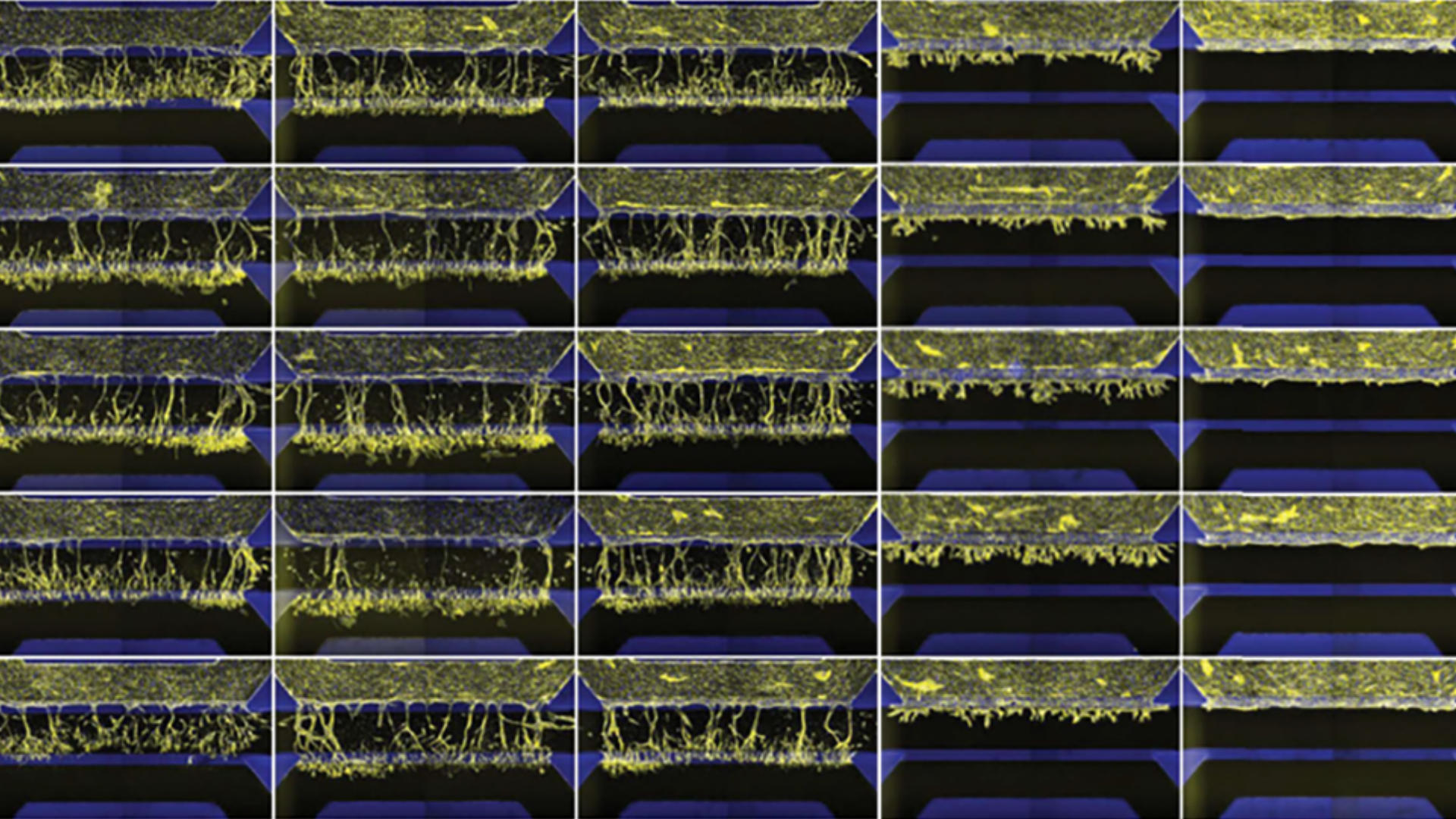
Study compound-induced effects on blood vessel formation
Assay
Evaluate and quantify the levels of clinically relevant biomarkers
Assay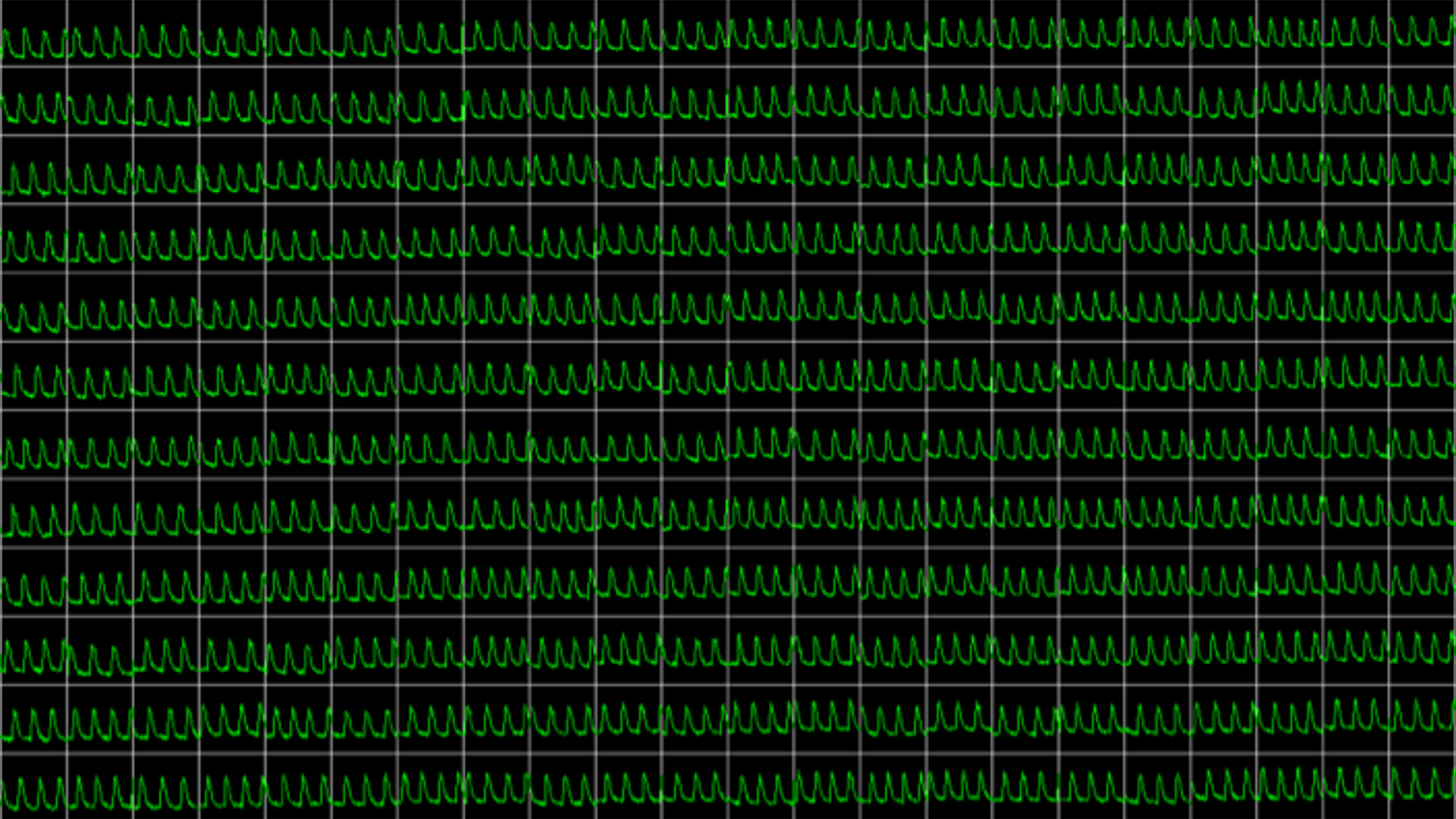
Obtain real-time recordings of intracellular calcium fluctuations
Assay
Get in-depth and unbiased insights into the effects of therapeutic candidates on cells
Assay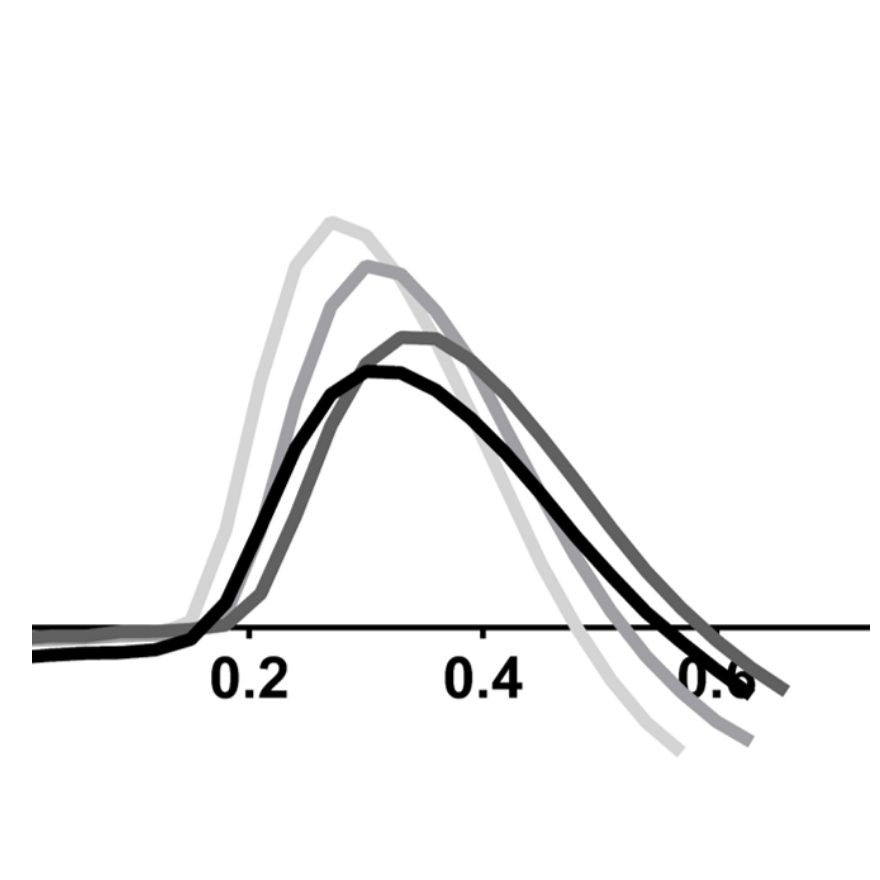
Study drug-induced effects on contractility of cardiac or skeletal muscle cells
Assay
Determine the electrophysiological effects of your therapeutic candidates
Assay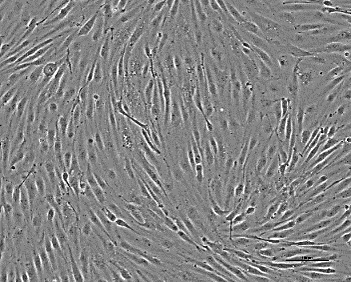
Evaluate endothelial permeability in short and long term
Assay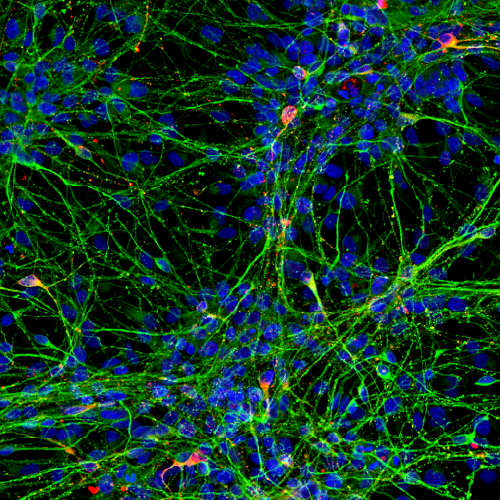
Study drug-induced phenotypic changes in the cell model of your interest
Assay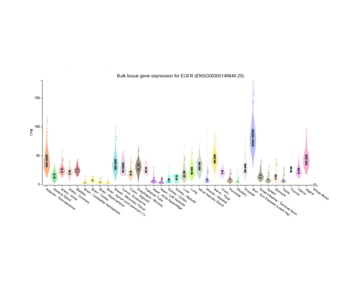
Assess functional toxicity across multiple human iPSC-derived tissues in a single integrated workflow to support safer IO development decisions.
Assay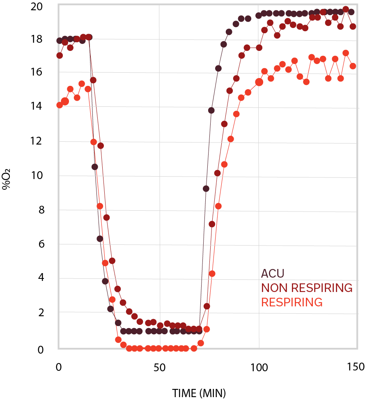
Obtain precise information on compounds' impact on metabolic processes
